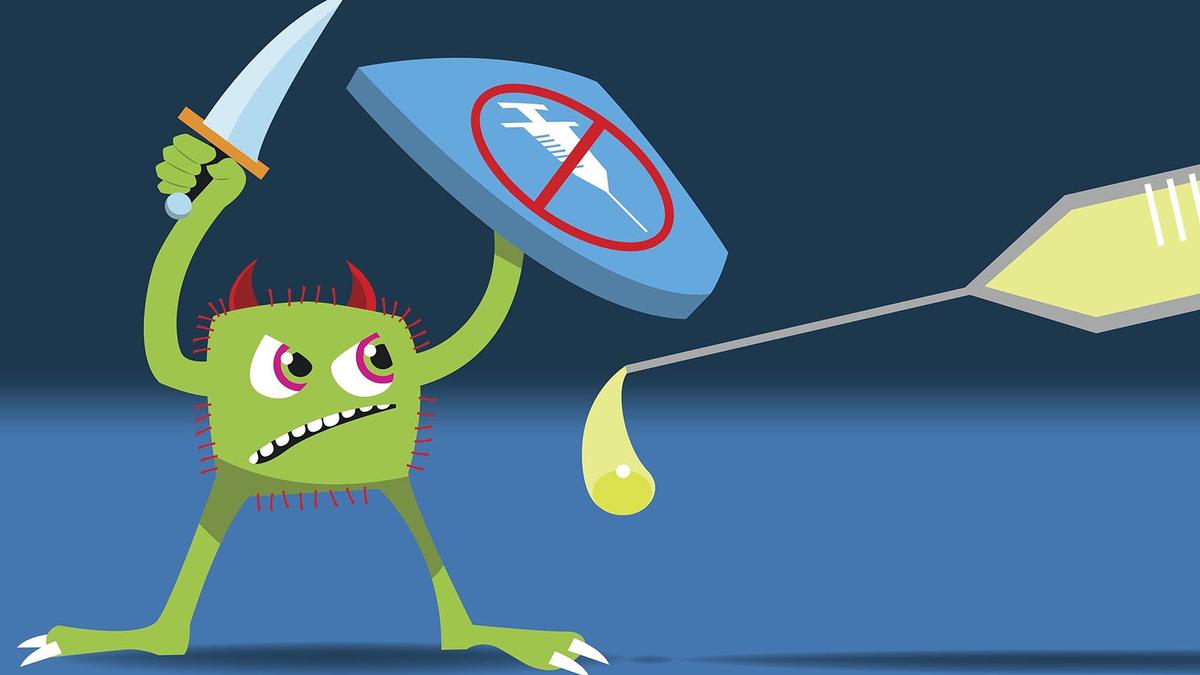
More antibiotics, less cure
The Hindu
David Thompson's battle with antibiotic-resistant infection highlights the urgent need for responsible antibiotic use to combat AMR.
Life took a sudden turn for 49-year-old David Thompson from Bengaluru when he was diagnosed with mouth cancer. After a successful surgery at a private hospital in the city, he was optimistic about complete recovery. But two weeks after discharge from hospital, he returned, feverish and weak, with a troubling wound site infection.
The infection was resistant to all antibiotics, one of the increasing instances of antimicrobial resistance (AMR). As he was admitted to the ICU of a private hospital for monitoring, the medical team feared that if the infection spread to his bloodstream, it could become life-threatening. Fortunately, he later stabilised and is now out of the hospital and on the mend.
His treating doctor, Vishal Rao U.S., a surgical oncologist who specialises in head and neck cancer, attributed the patient’s antibiotic resistance to indiscriminate/prolonged use of antibiotics and tobacco use. “He must have been using antibiotics for a pretty long time through his early youth before cancer treatment. He also had a history of tobacco use, which is linked to antimicrobial resistance (AMR) in several ways. Tobacco users are more likely to receive antibiotics than non-tobacco users. This can lead to increased AMR in the community. Smoking can impair the immune system and defences against infections, thereby promoting the spread of AMR in the lungs,” Dr. Rao said.
AMR, declared by the UN as one of the top 10 global public health threats facing humanity, occurs when pathogens change over time and stop responding to medicines/antimicrobial agents, making infections harder to treat. This increases the risk of disease spread, severe illness and death. Overexposing pathogens to antimicrobial drugs due to abuse, misuse and/or overuse enables the pathogens to acquire resistance against the drug.
But the case of David Thompson is no longer an aberration. More and more doctors have had to deal with similar cases. So much so that a few hospitals have their own antimicrobial policy advising doctors on the judicious use of antibiotics considering aspects relating to cancer, while Karnataka is framing an Action Plan to Mitigate Antimicrobial Resistance (AMAR), expected to be launched early next year.
In another case, M. Govindappa, a 59-year-old Hoskote resident with a history of diabetes, hypertension and chronic kidney disease, was admitted to a local health facility due to a non-healing ulcer. A wound swab revealed the presence of a multidrug-resistant organism. The patient reported having previously used multiple antibiotics at his local facility for treatment.
During therapy with higher antibiotics for his ulcer, there was a decline in his kidney function, which necessitated the commencement of hemodialysis. He has been admitted to the State-run Institute of Nephro Urology (INU) for the last two weeks.











